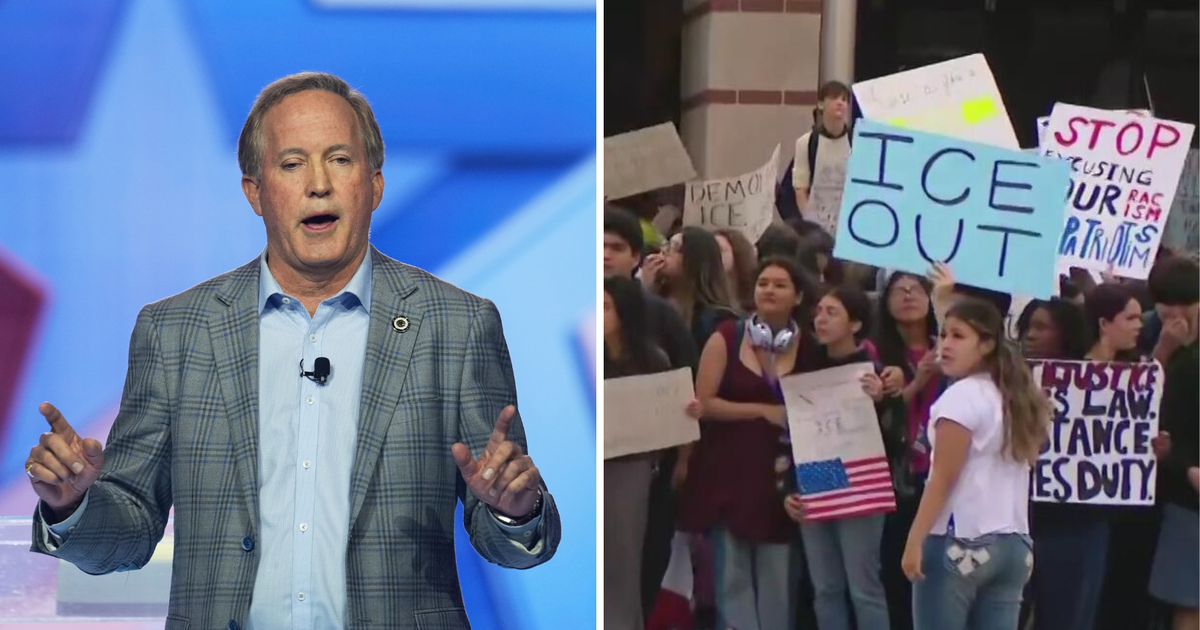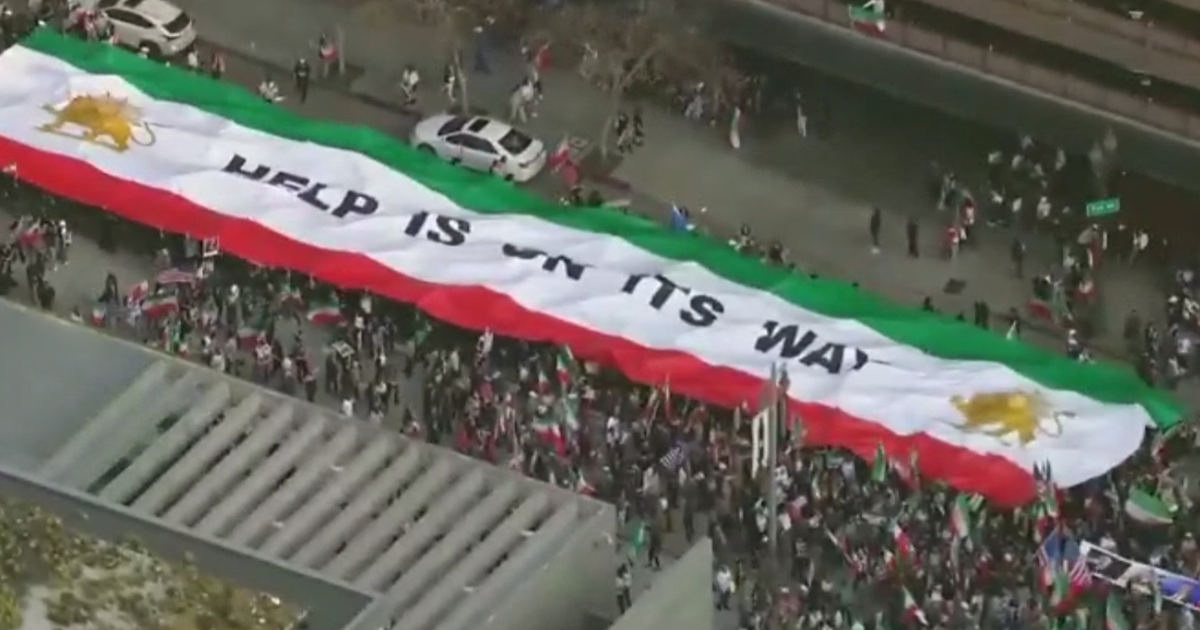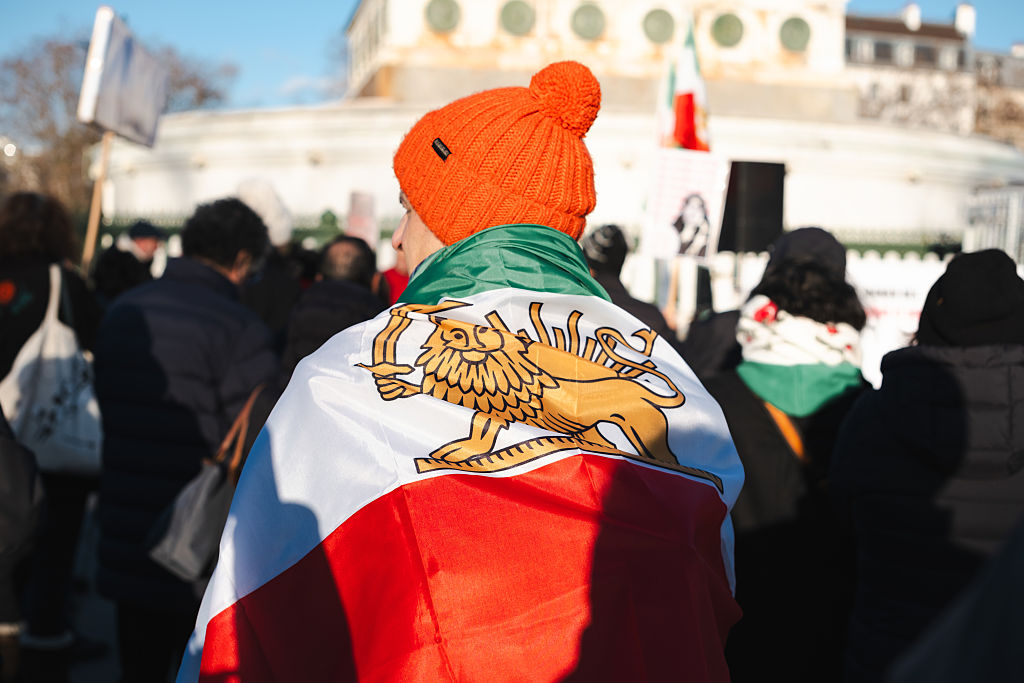"The situation is out of control": 24 dead in anti-government protests in Colombia
Mass protests continued for a seventh day in Colombia as international groups and celebrities have begun to call attention to the violence that has resulted in at least 24 deaths and left hundreds more injured.
Colombia's ombudsman said Wednesday that 24 people – 23 civilians and one police officer – have been killed in the protests that started April 28. The recent unrest was originally sparked by Colombian President Ivan Duque last month attempting to pass a tax reform bill aimed at mitigating the country's economic crisis that would raise taxes on some essential items and public services.
While Duque scrapped the bill for now, the protests morphed into a larger movement focused on fighting poverty exacerbated by the pandemic and police brutality – and it has been met with hostile resistance and deadly force from authorities, activists say. The response from law enforcement in Colombia drew condemnation from international groups.
Amnesty International released a video highlighting instances of excessive police force during the protests, including a clip in which the group claims officers fired lethal rounds at a crowd of protesters in Cali.
The United Nation's Office of the High Commissioner for Human Rights said it is "deeply alarmed" by reports of police shootings, and reminded Colombian authorities of their responsibility to "protect human rights." Amnesty International also tweeted that Colombian authorities "must respect human rights."
"The people's discontent at inequality in Colombia should not be labeled as 'vandalism and terrorism,' nor should it be used as an excuse for violent repression," the organization said.
The deadly anti-government protests received attention from celebrities as well, including Canadian pop star Justin Bieber and Colombian music stars such as Shakira, Maluma and J Balvin, who all commenred on the situation in their home country.
Reggaeton star J Balvin called for "peace and love" on Instagram.
"The situation is out of control," he wrote. "This is human rights. We need help Colombia."
Temblores, an independent nonprofit that monitors police violence in Colombia, claims the civilian death toll is higher than what the ombudsman is reporting. It says says 37 have been killed at the hands of police between the beginning of the protests and May 4. In the same span, it has reported more than 1,443 cases of police brutality, 831 arbitrary arrests and at least 10 victims of sexual assault by public forces.
Emilia Márquez Pizano, a director at Temblores, told CBS News on Wednesday that the killings are "very concerning."
"A lot of these acts occurred without police protocol and manner by which police should behave during a protest," she said, adding that police need to protect the rights to peaceful protest and due process.
She said the government's response so far could fuel further demonstrations.
"We haven't seen a message from the government to the public forces to be measured in excessive force and take more action to protect the rights and life of the civilian population," she said. "Instead, what we're seeing in messages from the government are calls for more militarization … and concerning language around the peaceful protests that they're calling 'terrorism and vandalism, and illegitimate.' And it's something we can't allow."
Márquez urged protesters to follow the curfew imposed in the country because their safety cannot be assured.
War-like scenes have emerged from within Colombia in recent days, as photos show damage to buildings and air filled with tear gas. One video shows a helicopter flying over Buga, Valle del Cauca, while what appear to be gunshots cab be heard in the background. There are local reports of looting and a burned down police station in Bogota.
Meanwhile, the Colombian government blamed the violence on left-wing rebels.
"The violence was systematic, premeditated and financed by criminal organizations," Defense Minister Diego Molano said Monday. On Tuesday evening, Duque called for calm and a national dialogue as more protests were planned.
"I want to announce that we will create a space to listen to citizens and construct solutions oriented toward those goals, where our most profound patriotism, and not political differences, should intercede," Duque said.






